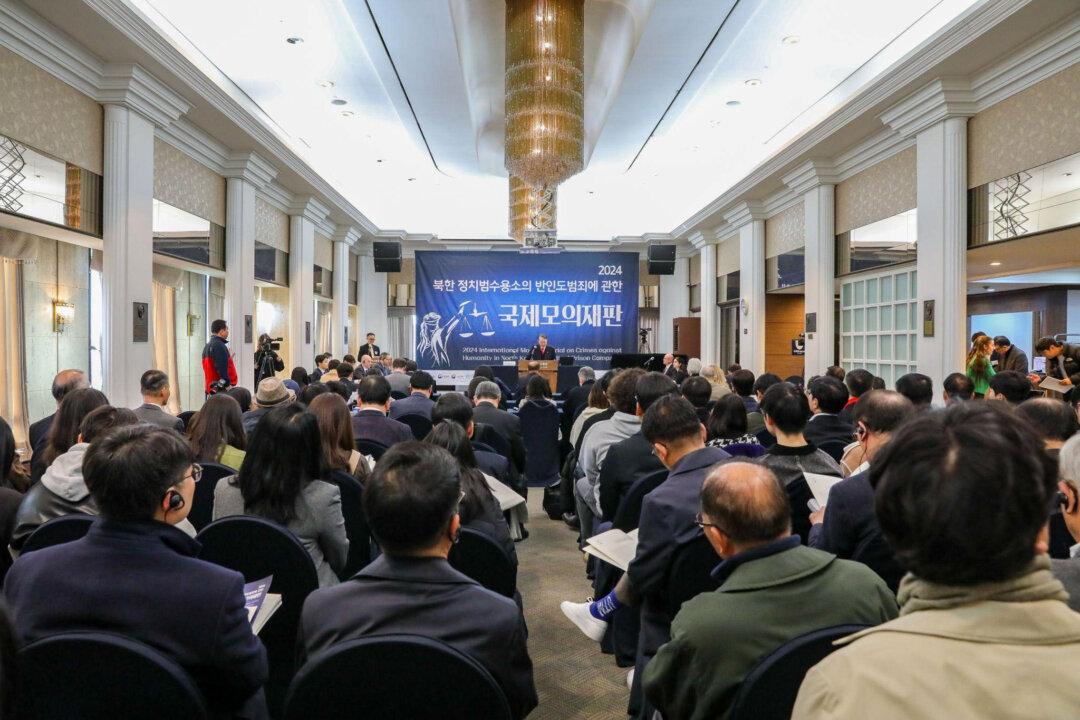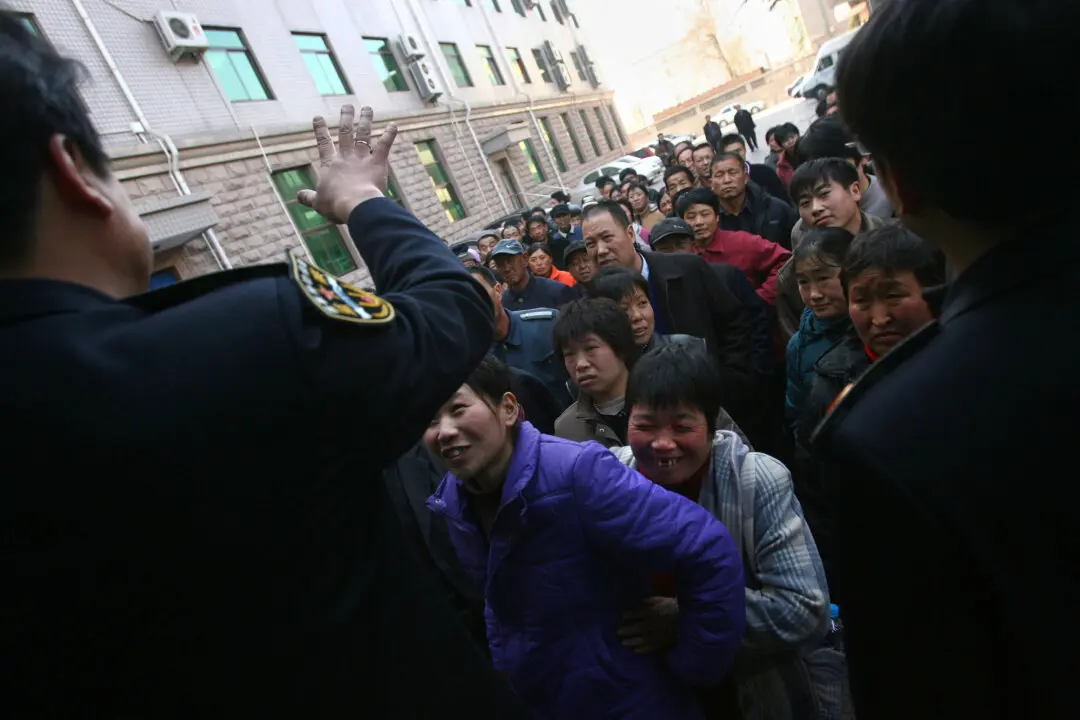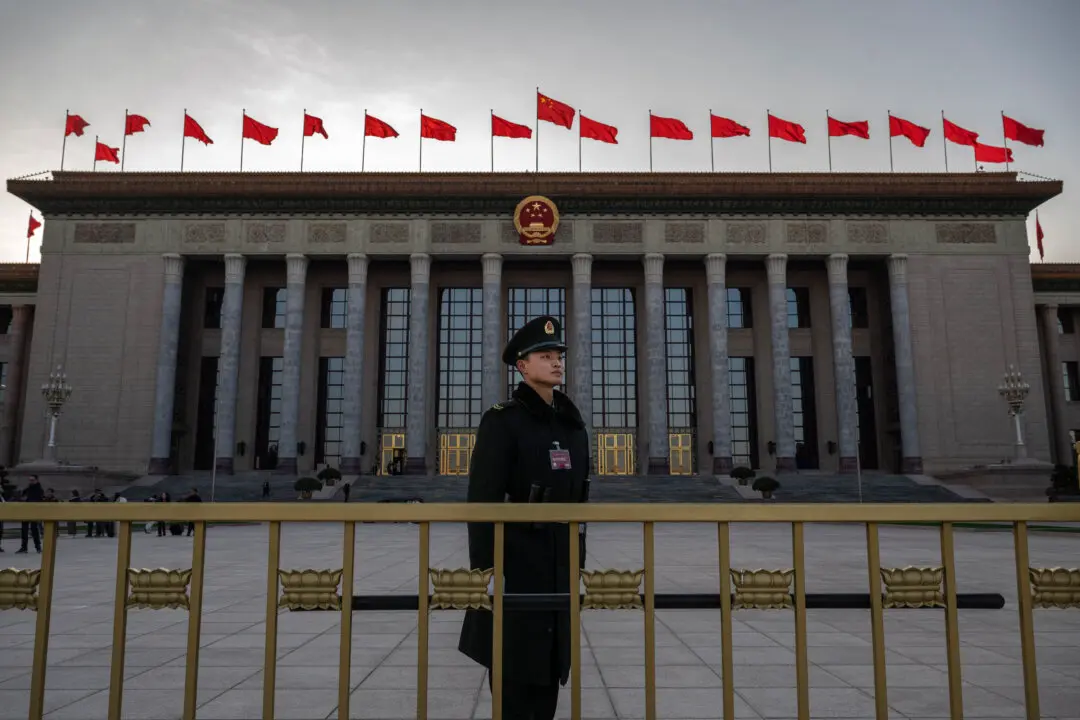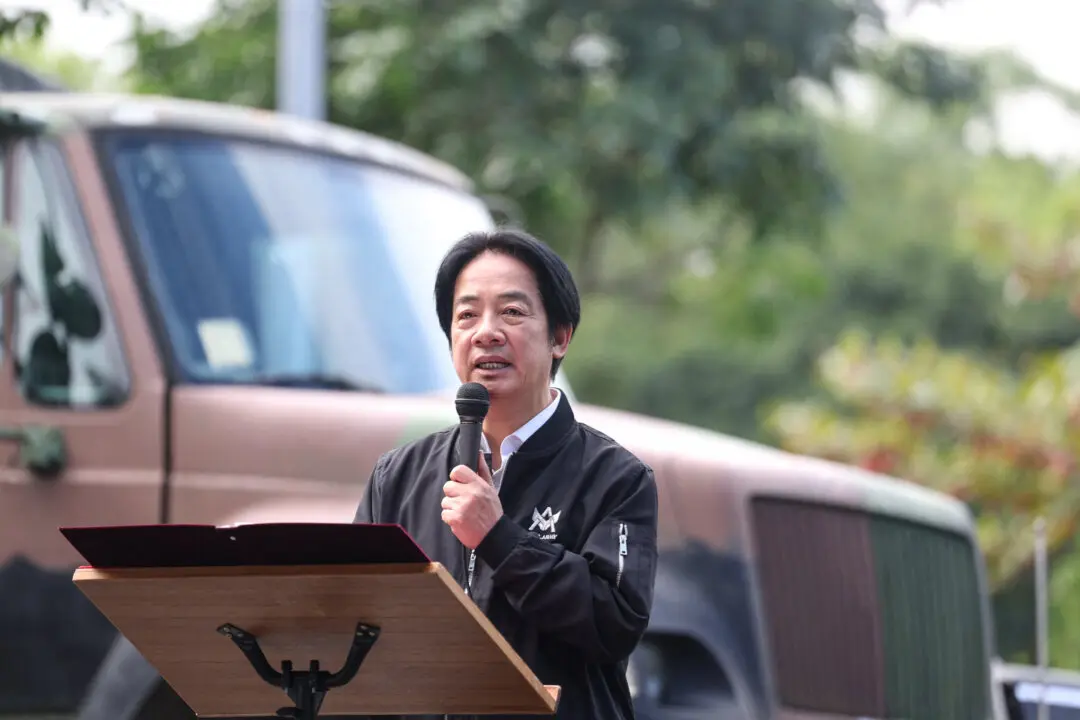SEOUL—In Seoul, a mock trial—the first aimed at Kim Jong Un—found the North Korean leader guilty of crimes against humanity, highlighting the urgent need for international action against the regime’s human rights abuses.
Despite a 2014 United Nations report recommending that North Korean officials be prosecuted by the International Criminal Court (ICC), China and Russia’s veto powers have blocked progress at the UN Security Council.





